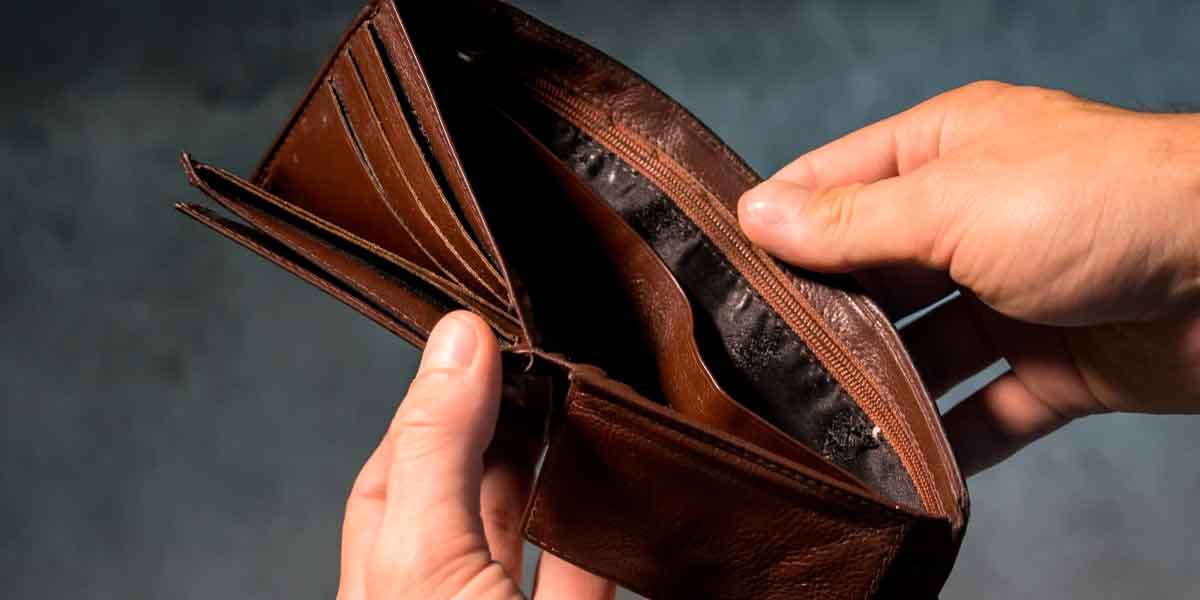Studies show that the number of people filing for bankruptcy is still high, even with improvement in economy.
Say you are planning your estate, and then you decide to declare bankruptcy, what transpires after this? Do you shelve it or do you still proceed?
What if your kid declares bankruptcy when you are busy coming up with your estate plan? These and other questions need the help of an estate planning lawyer.
When you declare yourself bankrupt, your well-choreographed plan will crash and burn for a myriad of reasons.
Unfortunately, insolvency represents a state where many debtors end up. Therefore, you need to come up with an asset protection plan that will give you a chance of managing the bankruptcy process with some assets preserved for the family.
However, there are a few deliberations that you can make as the owner of the property so that at the end of it all, you still have a comprehensive estate plan to help your succession decisions.
What Happens When You Die after Filing for Bankruptcy
Filing for bankruptcy is a normal thing among many individuals. But the situation changes when you, unfortunately, die after you file for this.
Having a will or a revocable living trust will give out instructions on who to take over your estate when you become deceased. However, understand that all your financial obligations need to be paid off in full before the remainder of the estate gets passed down to your heirs. This decreases the figure that the heirs will collect.
If you die after filing for a liquidation bankruptcy, the case goes on smoothly because this form of liquidation doesn’t require active participation from you. The executor of the estate will have to sell off your property to pay off the various people that you owe money. When the bankruptcy case is concluded, the remaining part of the property is distributed among your heirs.
A repayment plan bankruptcy is different from the liquidation state. Here, the strategy consists of a repayment plan of between 3 and 5 years, which means the executor has to come up with a way for the beneficiaries to get involved in paying off the loans.
When you die soon after applying for this form of bankruptcy, then the executor has to consult with the court for directives on how to go about handling the situation. The executor can ask for:- Request the case to be dismissed so that the creditors go for repayment from a probate hearing.
- Ask for a hardship acquittal whereby the executor petitions the judge to remove any obligation of paying the debts back.
- Request the court to convert the case into a liquidation bankruptcy to have the ability to liquidate the property and settle the debts.
- Requisition the court to carry on with the case as a repayment plan bankruptcy whereby the beneficiaries can decide to continue with the settlement plan.
These are the options available to the executor from the court. However, the court retains the authority to choose the best course of action depending on what will work out well for both parties involved.
Transfer Your Property to an Irrevocable Trust
To safeguard your assets against creditors, enlist the services of an estate planning lawyer to come up with an irrevocable trust.
This trust isn’t easy to call off or alter. When you transfer assets to this trust, the burden of ownership is automatically taken off your shoulders, which means you don’t have any authority to modify the stipulations of the trust. So, the money or assets that have been added to the trust won’t be used to handle creditors’ bills, rather it will remain in the trust and benefit your family later on.
Coming up with this type of trust needs to be timely. If you do it knowingly so that you can avoid paying off debts, then this won’t work. This means you need to set up the trust very early so that it doesn’t seem to be a premeditated plan.What If a Beneficiary has Filed for Bankruptcy?
If you become deceased within 180 days of your child filing for bankruptcy, then the child must disclose this to the bankruptcy executor. If the heir filed for a liquidation bankruptcy, then the executor can sell off a few properties to clear the debts accrued.
In Closing
TBankruptcy can affect the decisions you make during estate planning. Make sure you understand the situation you are in and make amends before you finalize your estate plan.







